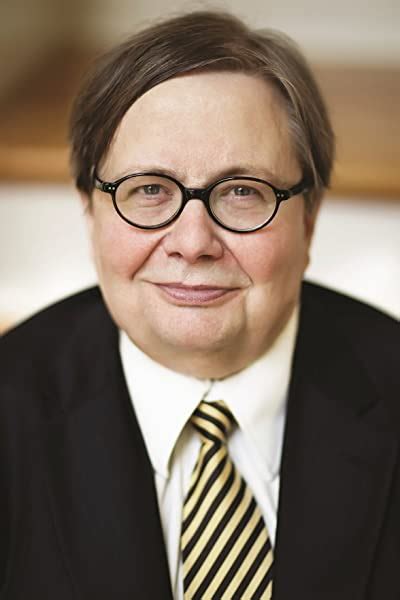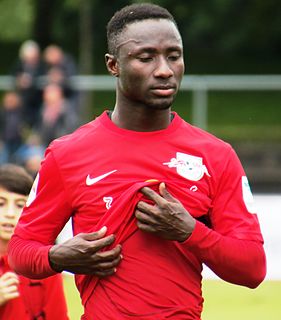A Quote by David C. Driskell
Even when I became cognizant of this societal problem in this country, I asked my father and my mother if they knew anything that had been passed on to them, about slavery, and my father was very reticent about it. He often said, "No, I don't know anything about it, and it was bad, it was awful and it's over and we want to get on with our lives."
Related Quotes
I was about 20 when my mom got sick with cancer and it was bad. It was very scary and at the time I was doing my first screenplay and I was on deadline and was alone with my father in Massachusetts. I said, "Pop, you know, I don't how I'm going to work. I don't know how I can get this done. You know, I got to hand this script in and I can't think about anything but Mom." He said, "Well, you know, now is the time when you're going to learn what it means to compartmentalize." And those words really had an impact on me.
In the South you are ashamed of being a virgin. Boys. Men. They lie about it. Because it means less to women, Father said. He said it was men invented virginity not women. Father said it's like death: only a state in which the others are left and I said, But to believe it doesn't matter and he said, That's what's so sad about anything: not only virginity and I said, Why couldn't it have been me and not her who is unvirgin and he said, That's why that's sad too; nothing is even worth the changing of it.
The idea of going to the movies made Hugo remember something Father had once told him about going to the movies when he was just a boy, when the movies were new. Hugo's father had stepped into a dark room, and on a white screen he had seen a rocket fly right into the eye of the man in the moon. Father said he had never experienced anything like it. It had been like seeing his dreams in the middle of the day.
My father died right after the movie Rain Man was released. He got to see it, then literally the day before he died, he asked Mama to take him to see it one more time - because he knew he was declining. Tom's assistant at the time told him my father died, and he wrote me a very personal note. I haven't seen him since, but you can't say anything bad about Tom Cruise to me, because anybody who takes the time to do that is very special.
My mother and my father taught me to look at the actual problem, not the face of it, not the veneer of it. So for me, I was never - I was impressed that it - racially, I was impressed, right, but now in America it's about economics, and it's been about economics, and honestly, everything's been about economics since I don't want to say the beginning of time, but it's been about economics for a long while.
I told him the truth, that I loved him and didn't regret anything about our lives together. But do we ever 'tell the truth, the whole truth, and nothing but the truth, so help me God' as my father used to say, to those we love? Or even to ourselves? Don't even the best and most fortunate of lives hint at other possibilities, at a different kind of sweetness and, yes, bitterness too? Isn't this why we can't help feeling cheated, even when we know we haven't been?








































